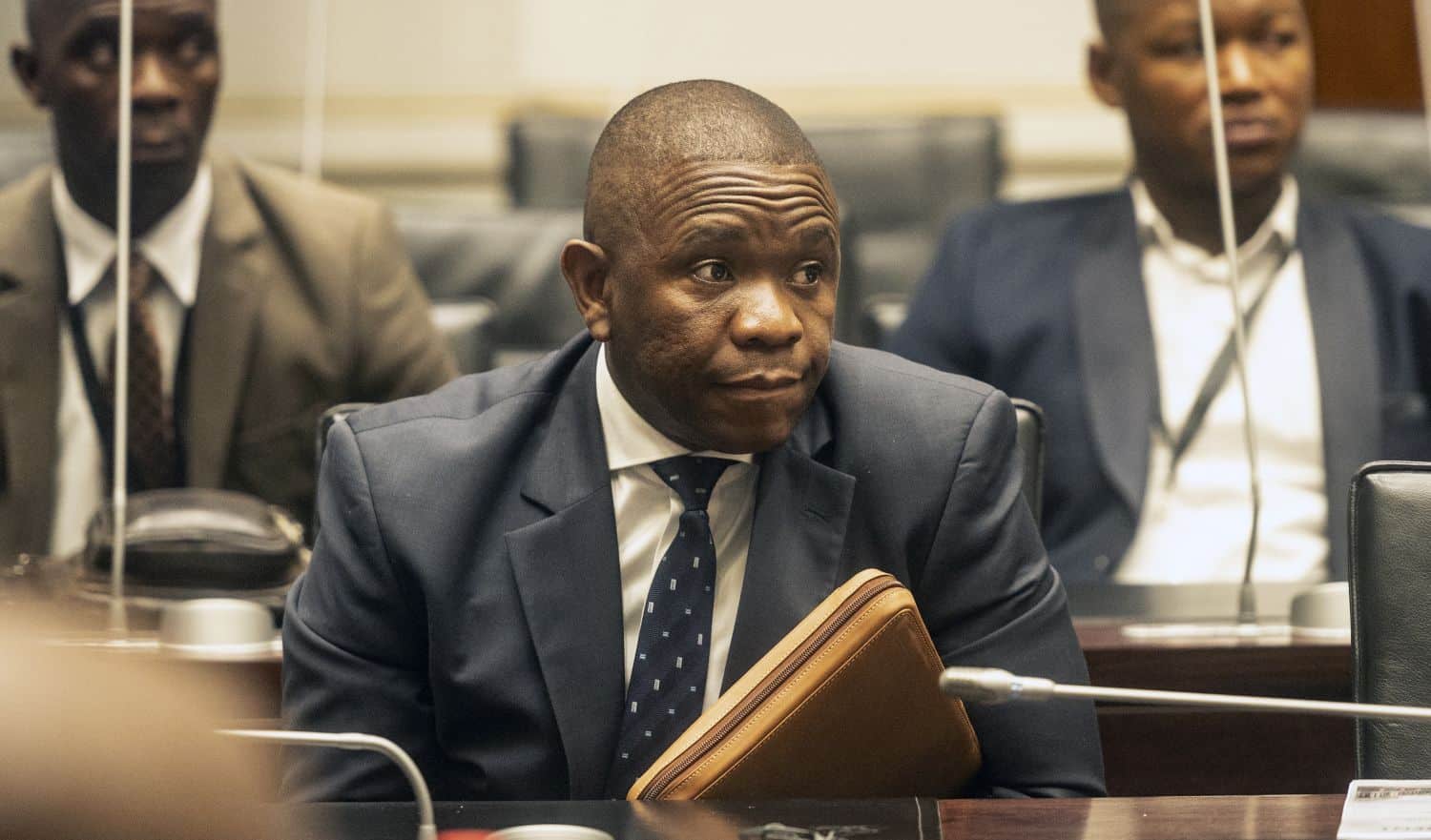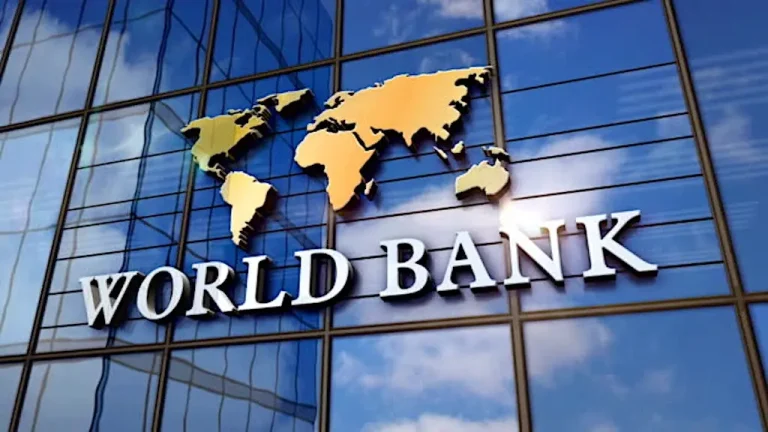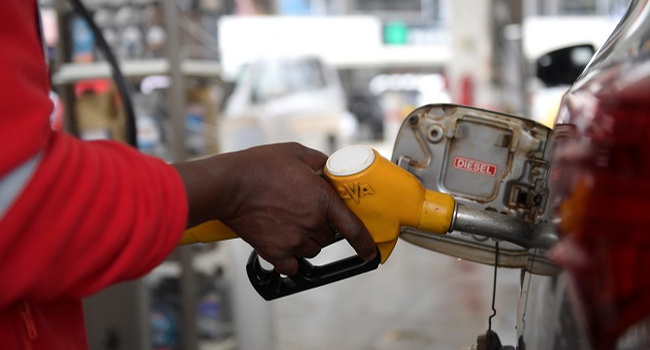
CAPE TOWN, SOUTH AFRICA - OCTOBER 07:Lt Gen Nhlanhla Mkhwanazi testifies at the Parliamentary Ad Hoc Committee’s inquiry into alleged corruption and political interference in the criminal justice system at Good Hope Chambers on October 07, 2025 in Cape Town, South Africa. The inquiry was set up to probe political interference, leadership failures, and internal dysfunction in the South African Police Service (SAPS) with a particular focus on allegations raised by Mkhwanazi about interference within the police command on July 6th. (Photo by Gallo Images/Brenton Geach)
KwaZulu-Natal (KZN) Police Commissioner Lieutenant General Nhlanhla Mkhwanazi has pinpointed the moment when he observed a decline in the standards of the South African Police Service.
Mkhwanazi was speaking during the afternoon session of day two of parliament’s ad hoc committee into his own corruption allegations.
As well as the state of policing structures, Mkhwanazi also reasserted his belief that a DA member had compromised investigations by publicly sharing sensitive intelligence.
‘Comrades, comrades’
EFF leader Julius Malema was walking the general through his history in the police, which Mkhwanazi joined in 1993.
When questioning arrived at the late 2000s, Mkhwanazi spoke of a shift in culture within the police.
He explained that politics began to infiltrate police structures during the ANC leadership battle between Thabo Mbeki and Jacob Zuma.
Mbeki fired Zuma as his deputy in 2005, but Zuma won the ANC presidency at the 2007 conference in Polokwane.
Mkhwanazi said those loyal to Zuma lost sight of their responsibilities in the build-up, and then went about cementing their positions in the aftermath.
“But they don’t go there to police the ANC conference, they are going there to erect their own marquee tent on the side with alcohol and everything else to celebrate the victory that was coming,” said Mkwanazi.
“The return of the leadership back to Pretoria changed everything in the police, because we started getting recruitment to join political parties within police premises in Pretoria.
“You then start hearing senior officers in the police starting calling ‘comrades, comrades, comrades, comrades’ and it became the terminology used throughout.
“That amalgamation and the presence of the people that regarded themselves as politicians was the downfall of the discipline of the organisation,” Mkhwanazi said.
‘When people are dirty, they are dirty’
The KZN police commissioner said that junior members were slowly “captured”, and as they moved through the ranks, they in turn would identify juniors who could be groomed.
“They manipulate you, they make you live a comfortable life, and you are happy with that,” Mkhwanazi explained.
“The culture that developed might not necessarily be a political culture, but greed, and members within the service started getting involved in business and getting interested in money.”
ALSO READ: ‘He is an enabler, he is a pawn in a game’: Mkhwanazi on facilitators of corruption
MK party members had earlier pressed Mkhwanazi on the whether it was right to have President Cyril Ramaphosa reposition the intelligence structures under the Office of the Presidency.
Mkwanazi dismissed the question, saying that the opportunity for corruption existed no matter where intelligence branches were positioned.
“They were doing wrong at the time while they were outside the office of the president, so what will stop them to do now if we take it back and they go outside of the office of the president?
“What difference is it going to make. When people are dirty, they are dirty, regardless of where they are working,” said Mkhwanazi.
DA member under fire
The day began under a Dianne Kohler Barnard-sized cloud, but ad hoc committee chair Soviet Lekganyane said he would not be entertaining the subject.
Mkhwanazi had earlier accused Kohler Barnard of compromising police safety by revealing sensitive police intelligence, including photos of police safe houses.
The MK party were quick to call for her removal from the ad hoc committee, and the DA have since stated they will seek legal advice on the matter.
“It defies logic and fairness that a person named in serious allegations before the very committee she sits on can presume to act as both referee and player.
“The DA must choose between defending the integrity of parliament or protecting one compromised member,” stated MK party national spokesperson Nhlamulo Ndhlela.
Accountability for the media
The general also took aim at journalists, stating he had a list of media professionals he said should be sanctioned or even face prison terms for publishing inaccurate information.
“For this to stop, I am going to hope that the lawmakers — yourselves — you are going to put measures in place to make sure that a journalist is not going to hide behind being a journalist if he is reporting things that are wrong.
“There must be heavy penalty of the mistakes done by journalists. It can not be that anyone else is going to be held accountable, but when it comes to media freedom, it is gospel whatever they say,” stated Mkhwanazi.
The South African National Editors Forum (Sanef), however, described his comments as an “extraordinary attack” that it hoped would be condemned.
“This is a chilling attack on the constitutional rights to a free press,” stated Sanef.
“These threats against journalists and their sources, and any moves to investigate the media, are intimidation tactics to protect the allegedly corrupt,” the forum added.
Future for police service
Mkhwanazi qualified his distrust of some journalists by saying there were good media professionals, just as there were many good police officers.
The MK party’s Thulani Shongwe asked how it is possible to ensure only credible individuals are allowed into the police ranks.
Mkhwanazi seemed stumped as he referenced how almost one million young people applied for 5 000 available police posts, noting how unemployment levels were staggering.
“They don’t have it in their heart to chase criminals. They don’t’ have it in their heart to lay down their lives before the citizens to protect them.
“About them it’s a job, they have to get employment. So they are applying to join the police not because they want to protect and serve, they joining the police because it is a career for them.”
READ NEXT: How the Madlanga commission is reshaping SA’s global image


